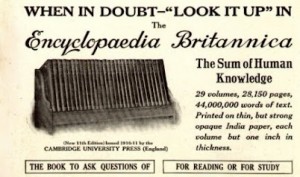#CRC12 Paper: Chapter 8 – Entrepreneurs
 Chapter 8 of the Copyright Review Committee‘s Consultation Paper considers whether the Copyright and Related Rights Act, 2000 (also here) creates barriers to innovation by entrepreneurs (update: you can download a pdf of the Paper here (via DJEI) or here (from this site)).
Chapter 8 of the Copyright Review Committee‘s Consultation Paper considers whether the Copyright and Related Rights Act, 2000 (also here) creates barriers to innovation by entrepreneurs (update: you can download a pdf of the Paper here (via DJEI) or here (from this site)).
Although the interests of rights-holders are central to copyright law, the law recognises other interests as well, and entrepreneurs feature on both sides of this balance: sometimes as rights-holders, but increasingly as internet start-ups seeking to develop novel methods of engagement with content. A properly balanced copyright system should seek not only to reward initial creativity but also to encourage follow-on innovation. Hence, as with the balance between rights-holders and users in the previous chapter, one of the main questions for the Review is whether the copyright balance between rights-holders and entrepreneurs now requires further amendment, in particular to incentivise innovation.
The chapter begins by considering the contribution which entrepreneurs make to innovation. They are a key source of the innovation identified in chapter 2, and some of the submissions argued that inflexibility in Irish and EU copyright regimes hinder innovation, and that access to and use of legal digital content ought to be made easier and more attractive in Ireland and Europe.…
